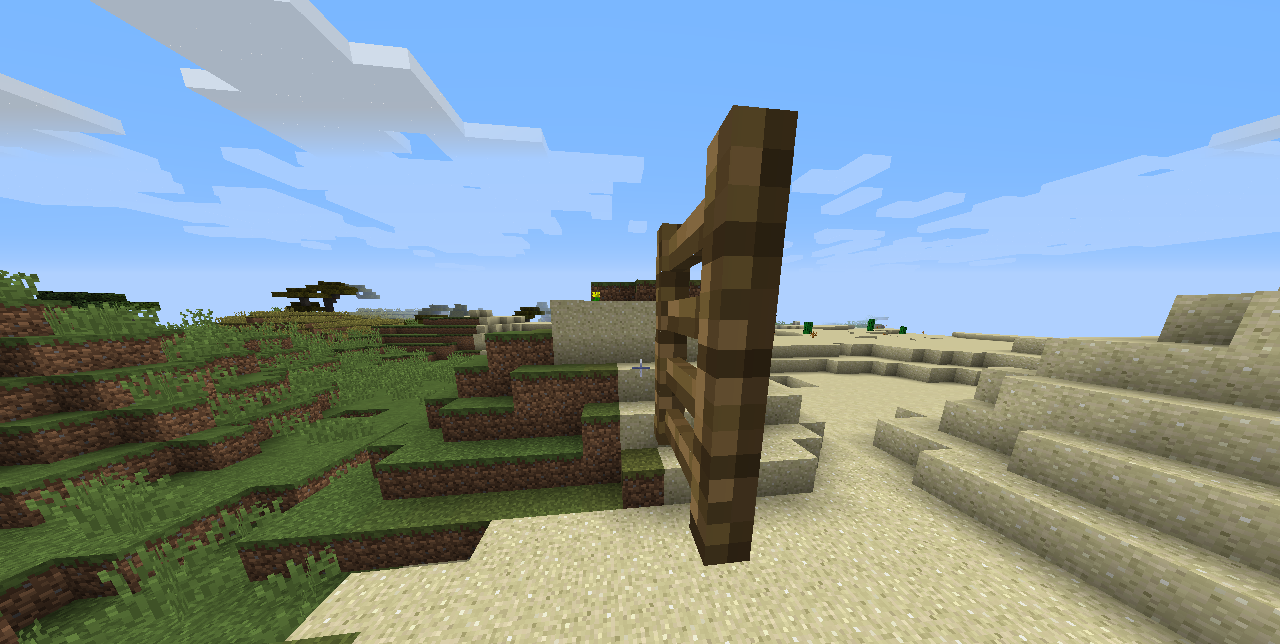
Moreover, TGF-beta was able to promote neurogenesis in NSC primary cultures.

Furthermore, blockade of TGF-beta biological activity by administration of an anti-TGF-beta type II receptor antibody diminished the percentage of 5-bromo-2'-deoxyuridine (BrdU)/PSA-NCAM-positive cells in vivo. Interestingly, TGF-beta levels correlated with the amount of neurogenesis detected (r2 = 0.99) and the number of stage 2 and 3 microglial cells (r2 = 0.94). At the molecular level, transforming growth factor beta (TGF-beta) mRNA levels were increased 10-fold in ADX animals. Interestingly, the number of microglial cells at stages 2 and 3 of activation correlated with increased neurogenesis (r2 = 0.999) and the number of Nestin-positive cells (r2 = 0.96).

In addition, a morphologically distinct subpopulation of NSC (Nestin+/GFAP-) with increased proliferating profile was detected. At the cellular level, we found increased NSC proliferation and neurogenesis in the ADX animals. We studied the dynamics of NSC proliferation and differentiation in the dentate gyrus of the hippocampus (DG) and characterized the changes of the neurogenic niche in adrenalectomized animals (ADX).

Until recently, microglial cells have been ignored as part of the neurogenic niche. Adult neural stem cells (NSC) proliferate and differentiate depending on the composition of the cellular and molecular niche in which they are immersed.


 0 kommentar(er)
0 kommentar(er)
